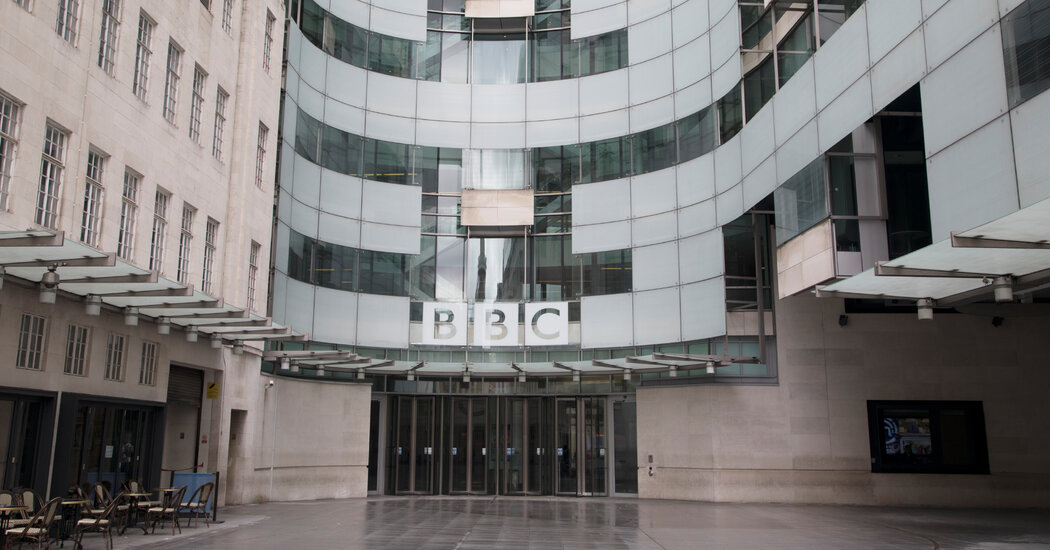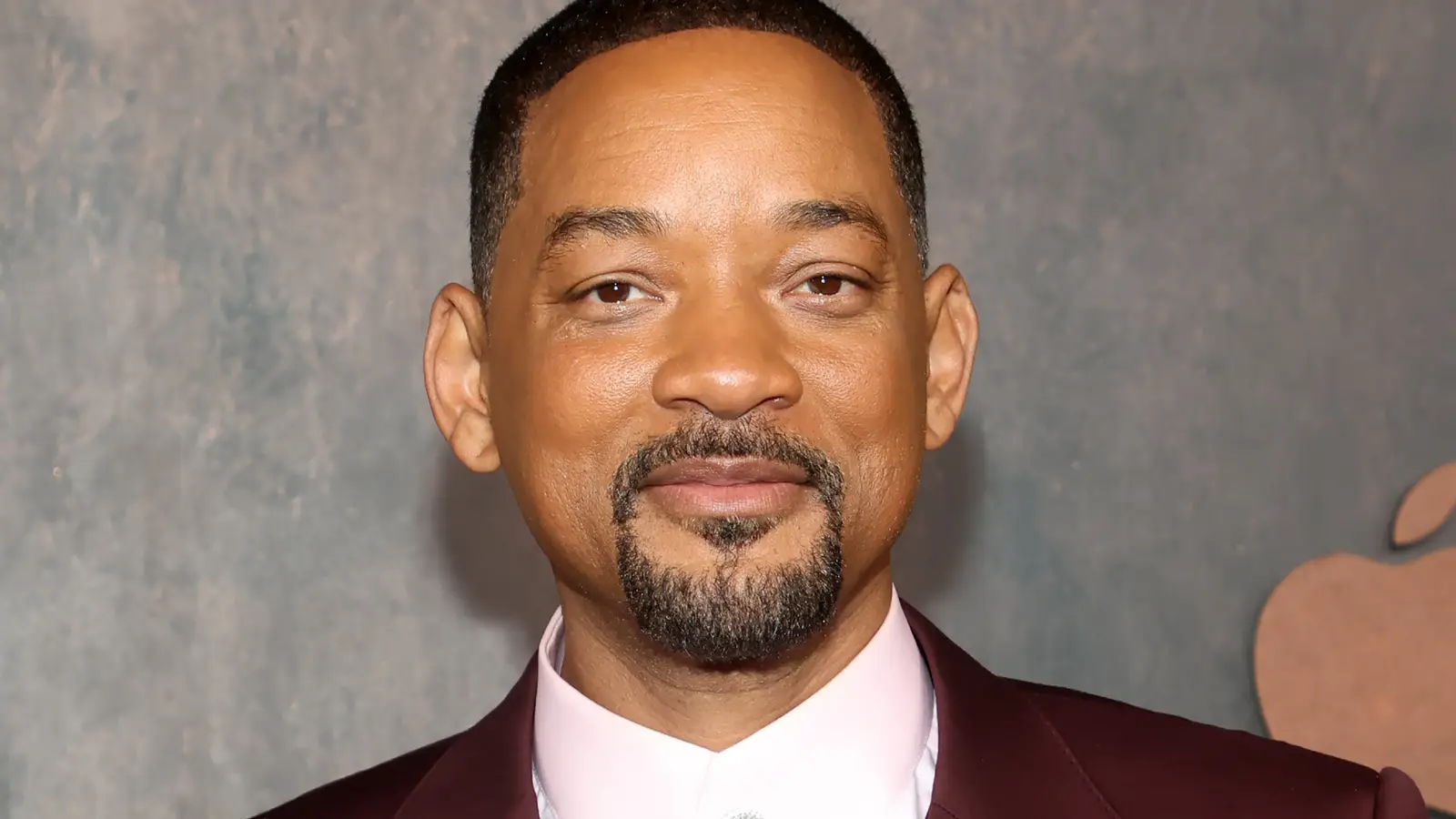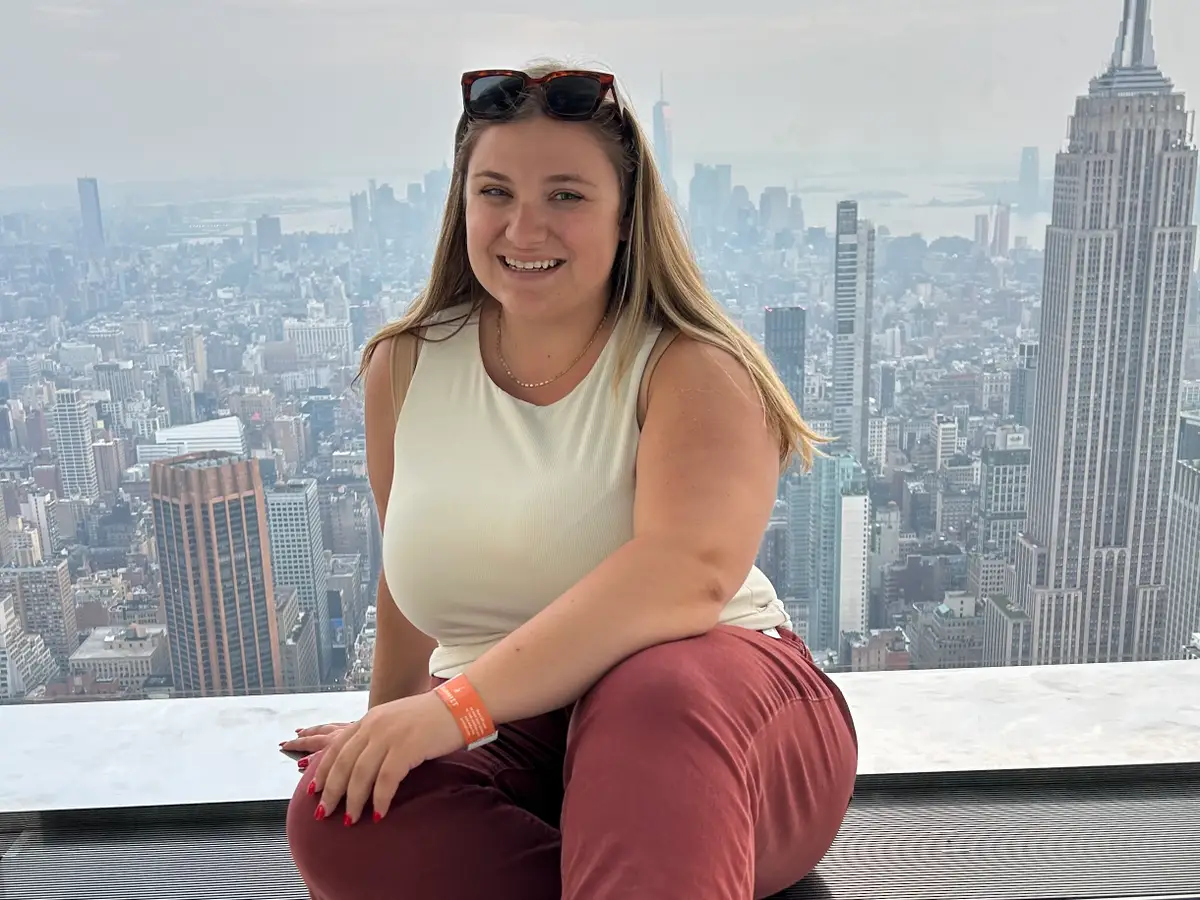Copyright The New York Times

The Vietnamese authorities are preventing a BBC journalist from leaving the country, holding her passport after prolonged interrogation and drawing sharp criticism from human rights advocates during a high-profile trip to Britain by Vietnam’s top leader. The journalist, a Vietnamese citizen, lives and works full time in Thailand for the British public broadcaster. Friends with knowledge of her situation say that in August, after she returned to Vietnam to renew her passport, the authorities kept the reissued document and questioned her for dozens of hours over a weeklong period in Ho Chi Minh City. One session with the police from the Ministry of Public Security ran from afternoon to early the next morning, friends said, as she was interrogated about published stories on a range of topics. Intense surveillance has followed. The reporter’s friends and advocates asked that she not be identified to avoid creating more problems for her. They are demanding that she be allowed to leave Vietnam as To Lam, general secretary of the country’s ruling Communist Party, makes a three-day visit to Britain that began on Tuesday. “The U.K. Foreign Office has prided themselves on standing up for media freedom around the world, but in the case of this BBC Vietnamese journalist, they are falling down on the job,” said Phil Robertson, a human rights advocate and consultant in Bangkok who formerly worked for Human Rights Watch. He said British officials should present Mr. Lam “with clear and unrelenting demands that this journalist be given her passport.” Without commenting on the journalist’s predicament, a spokesman with the British Foreign Office agreed that “media freedom is an essential foundation of a free and inclusive society,” adding, “The U.K.’s position and track record defending media freedom is clear.” The BBC said in a statement, “We are deeply concerned about our journalist’s well-being and urge the authorities to allow them to leave immediately, providing them with their renewed passport so they can return to work.” The case reaffirms Vietnam’s uncertain position at a crossroads for free expression. With the pomp of international trips like Mr. Lam’s, the country seeks to present itself to the world as increasingly open — a near-China, not-China alternative — and in some ways, it is. The New York Times received approval to open a new Vietnam bureau last year. Dozens of international journalists covered the 50th anniversary of the end of America’s war here, and on certain topics — like corruption and infrastructure — local news media can be bold. But at the same time, powerful factions in the ministries of public security and defense, which are competing power centers, have repeatedly suppressed what they have broadly defined as challenges to the state, or stories that are negative enough to hurt the country’s image. The BBC has long been a target, in part because it publishes in Vietnamese. It works with freelance journalists based in Vietnam, and its Bangkok newsroom reports and edits stories about the country, some of which appear in both Vietnamese and English. Its website was first blocked in Vietnam in 2002, and it is still usually inaccessible. More recently, social media campaigns orchestrated by the authorities have sought to censor criticism and amplify a mood of growing nationalism by villainizing Vietnamese writers, artists and influencers. Those who express critical viewpoints, who quote others doing so or who simply draw attention to sensitive topics that the authorities find problematic are often publicly condemned. Official punishment can follow or precede such attacks, and restrictions on movement are a common form of pressure. In 2022, Human Rights Watch documented the systematic lockdown of more than 170 rights activists, bloggers, dissidents and their family members who were barred from domestic and international travel. Some were stopped at airports and border gates; others were denied passports or other documents. Many people who are detained and interrogated in Vietnam have been pressured to inform on colleagues or associates. Criminal charges are also common. During the first 10 months of 2025, according to a new Human Rights Watch report, the authorities arrested at least 40 people for criticizing the government or for alleged affiliations with independent religious or political groups. Earlier this month, the police in Nghe An Province in northern Vietnam arrested a blogger, Nguyen Duy Niem, and charged him with promoting propaganda against the state. The authorities prosecuted him for suspected affiliations with a pro-democracy group founded in France in 1982. Advocates and friends of the BBC journalist fear that she will be next unless her passport is returned soon. “The Vietnamese government should recognize that critical reporting isn’t a crime,” said Elaine Pearson, the head of Human Rights Watch in Asia. “In fact, it’s a mark of a mature government if it can learn from criticism.”



